Edu-Skate is a global sports programme that empowers children aged 6 – 16 with life-skills through skateboarding. Originally launched and developed by the Concrete Jungle Foundation in 2017, we run the Edu-Skate programme at skateparks. We invest in local staff and infrastructure, partner with local NGOs and collaborate with schools. We use skateboarding to help drive social impact in many global locations through the Edu-Skate Worldwide Network (ESWN).
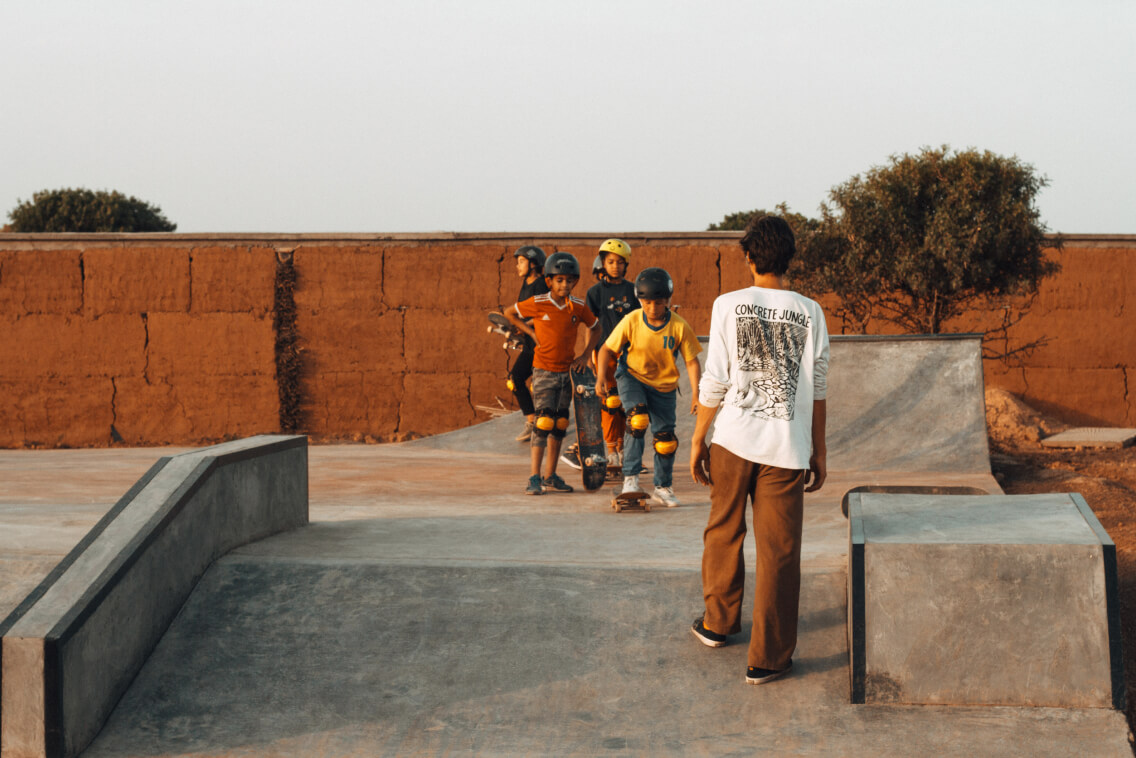
Peru
Since 2017
386
sessions
40%
girls/women
Angola
In 2019
22
sessions
23%
girls/women
Jamaica
Since 2020
141
sessions
29%
girls/women
Greece
Since 2021, through ESWN
8
sessions
35%
girls/women
Austria
Since 2021, through ESWN
48
sessions
66%
girls/women
Morocco
Since 2022
59
sessions
25%
girls/women
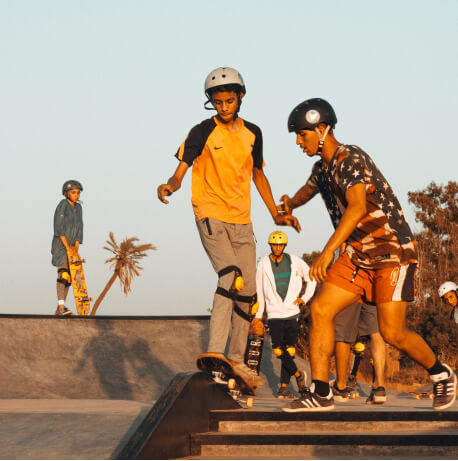
We construct skateparks with locals and teach children life-skills through skateboarding.
Activities include:
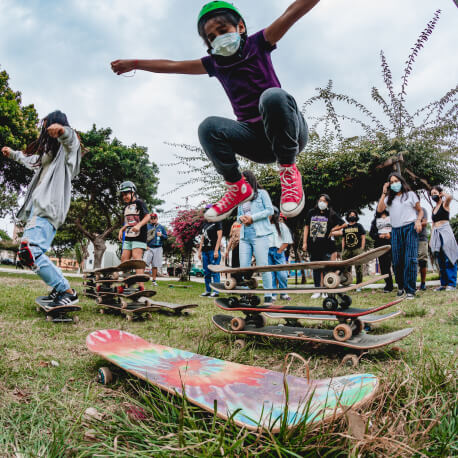
Our lessons encourage self-belief, confidence and show children how to engage with their creativity.
Lessons focus on:
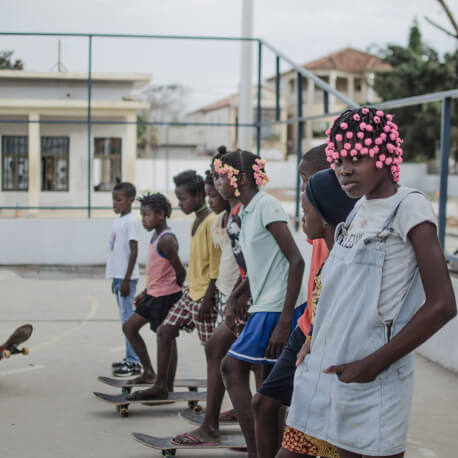
The Edu-Skate programme collaborates with local teachers and community leaders around the world.
We:
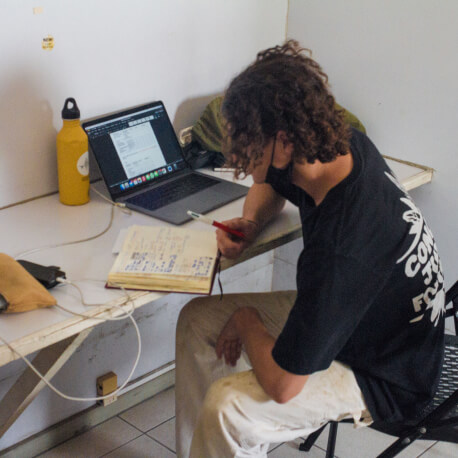
We've used academic research on child psychological development to design edu-skate classes and have tested in the real-world.
This is:
1. Ryan RM, Deci EL. Self-determination theory and the facilitation of intrinsic motivation, social development, and well-being. Am Psychol. 2000 Jan;55(1):68-78.
The Edu-skate programme uses the skateparks we’ve built and other skateparks to serve youths aged between 6–16 in underserved and disadvantaged communities, we choose communities based on their potential for social impact. This means some youths may live in areas with high crime rates, high drug use or with a severe lack of recreational activities.
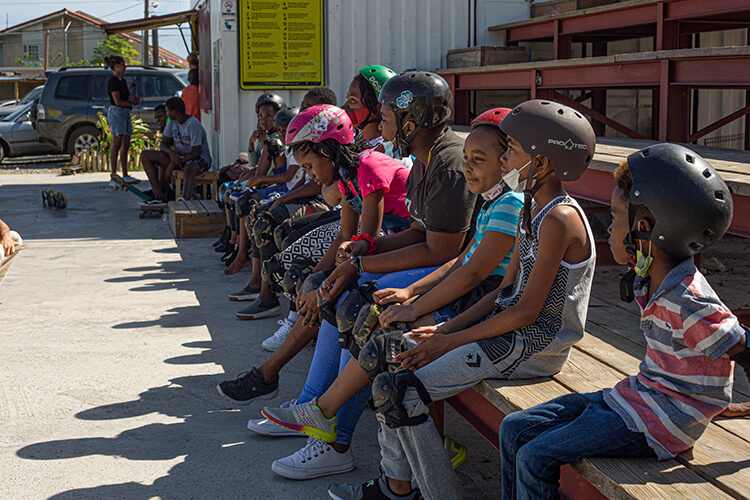
Edu-Skate uses the attitude embedded in skateboarding culture to promote positive life skills. Every week, the skate lesson focuses on a different life-skill. The curriculum consists of 11 different life-skills:
Overall, teaching life-skills is found to be an effective psychosocial intervention strategy for promoting the positive social and mental health of adolescents. Life-skills can strengthen coping strategies, develop self-confidence, develop emotional intelligence, enhance critical thinking, problem solving and decision making and this has been well documented.1
Attitude & positivity
If you don’t try, you don’t learn
Awareness
Pay attention to your actions and surrounding
Confidence
Challenge yourself step-by-step
Respect
Acknowledge each other’s efforts and accomplishments
Cooperative Learning
Teach others and learn from others
Resilience
Get back up after you fall down
Perseverance
Don’t give up until you succeed
Support
Encourage each other to succeed
Courage
Do something that scares you
Creativity
Create something you imagined
Teamwork
Work together to do something you couldn’t do by yourself
Attitude & positivity
If you don’t try, you don’t learn
Awareness
Pay attention to your actions and surrounding
Confidence
Challenge yourself step-by-step
Respect
Acknowledge each other’s efforts and accomplishments
Cooperative Learning
Teach others and learn from others
Resilience
Get back up after you fall down
Perseverance
Don’t give up until you succeed
Support
Encourage each other to succeed
Courage
Do something that scares you
Creativity
Create something you imagined
Teamwork
Work together to do something you couldn’t do by yourself
1. Prajapati et al. Significance of Life Skills Education. Contemporary Issues in Education Research 2017, v10; p1-6.
Illustrations by Arissa Moreno.
Humans can be proactive and engaged or passive and alienated. This difference in attitude can be the result of their social environment. Research guided by self-determination theory (SDT) has focused on the social conditions that support vs delay healthy psychological development and self-motivation. Factors which contribute to motivation, self-regulation and well-being have been examined and three requirements were found to be important:
When these are satisfied, they yield enhanced self-motivation and mental health and when unsatisfied, they lead to diminished motivation and well-being. The significance of these is also considered within domains such as health care, education, work, sport, religion, and psychotherapy.1
1. Ryan RM, Deci EL. Self-determination theory and the facilitation of intrinsic motivation, social development, and well-being. Am Psychol. 2000 Jan;55(1):68-78.
We designed a three-month skateboarding course based on self-determination theory.1 Our pilot study assessed 21 children enrolled in the course by conducting surveys with them and their parents. We found:
We also believe Edu-Skate provides a safe-space for children to socialise, learn and grow. In addition to skateboarding, all those involved in the programme are exposed to different practical and psychological tools to help them in life and show them positive and constructive ways to relating to others.
1. Ryan RM, Deci EL. Self-determination theory and the facilitation of intrinsic motivation, social development, and well-being. Am Psychol. 2000 Jan;55(1):68-78.
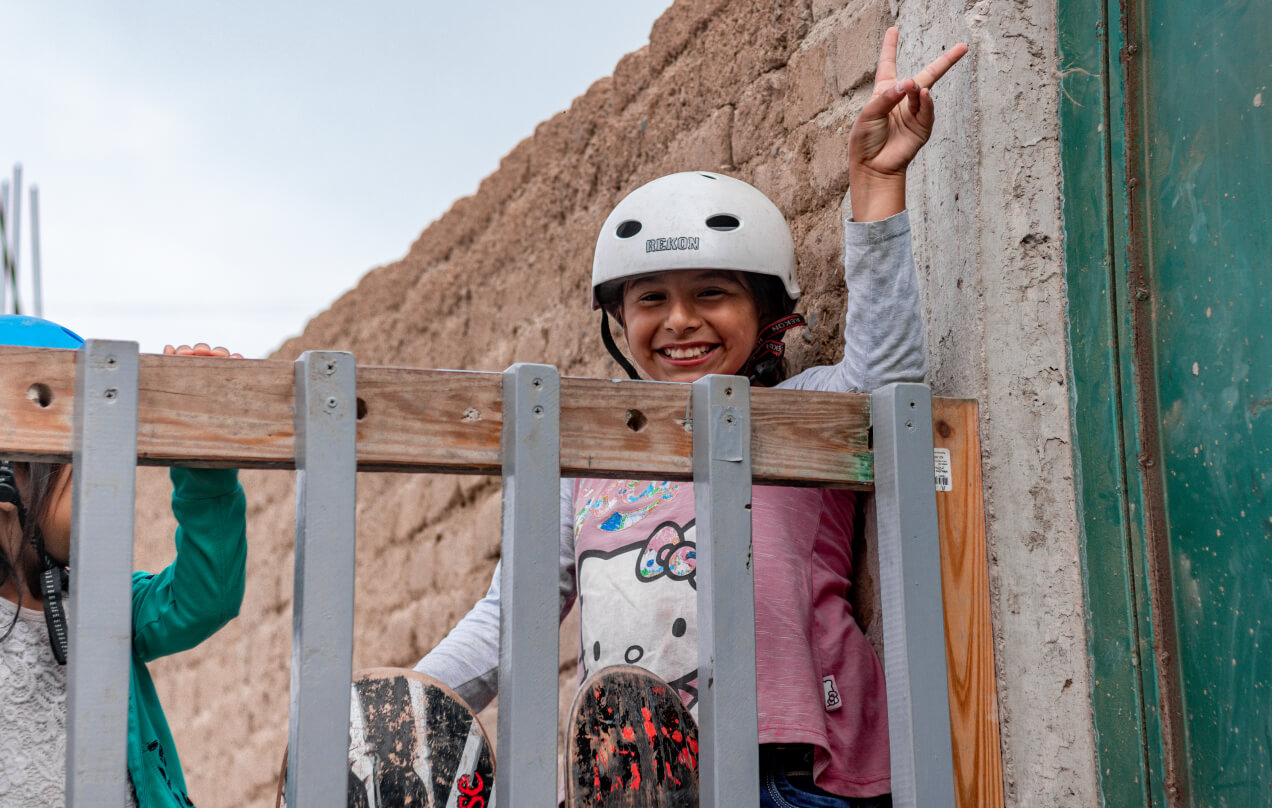
The Concrete Jungle Foundation Edu-Skate programme has a worldwide presence through the Edu-Skate Worldwide Network.
Austria with Skateboard Club Vienna
France with All Boards Family
Greece with Free Movement Skateboarding
Jamaica with CJF Jamaica
Morocco with CJF Morocco
The Netherlands with Woman Skate the World
United Kingdom with Skate Nottingham
Peru with CJF Peru
Jun 23, 2021 · 2 min read
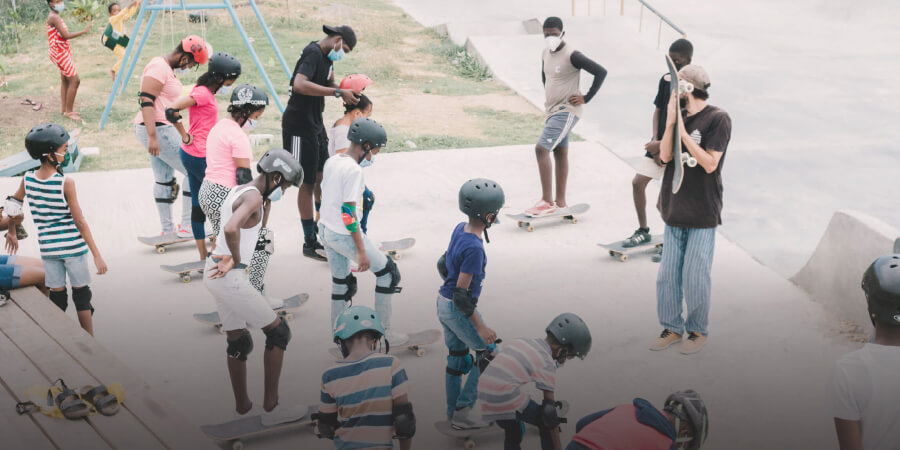
Our June residency at Stranded FM was broadcasted from the Caribbean shoreline of Bull Bay, Jamaica. Over three months we are working with Concrete Jungle Foundation on an ambitious research project to record the impact of The Freedom Skatepark one year after construction.
May 28, 2021 · 4 min read
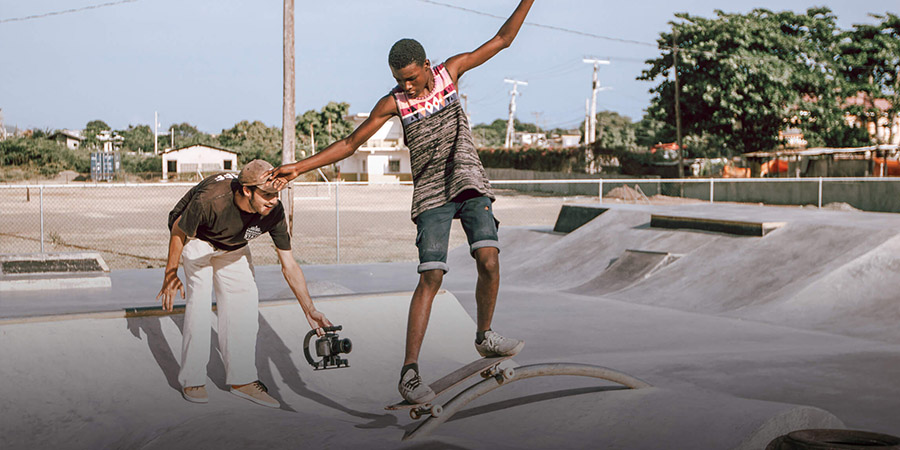
A year after they started skateboarding, we caught up with the Energetic Nomads, the first group of graduates from the Edu-Skate programme at the Freedom Skatepark. They have grown into a close-knit group that spends most of their days together. Get to know the group better through the following group interview.
Oct 2, 2020 · 2 min read
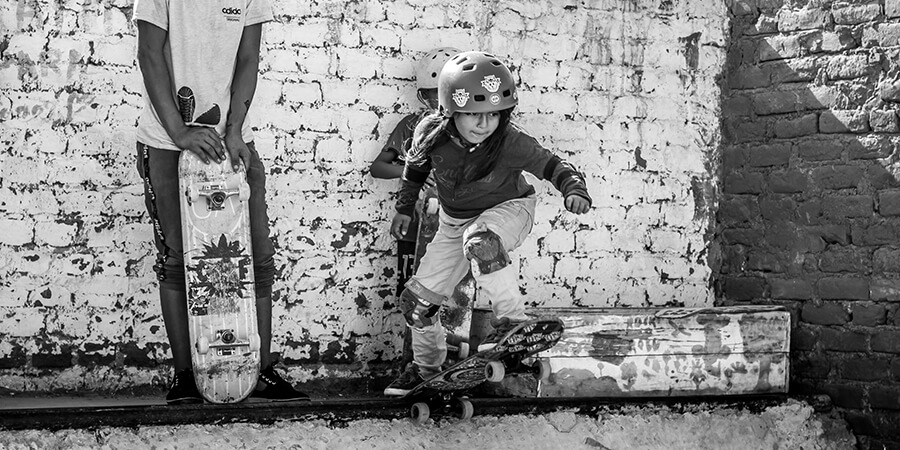
On Friday, March 13th, six and a half months ago, we did our usual closing circle at “La Rampa,” our skate ramp in Cerrito de La Virgen, Huanchaco. This circle is one of our favorite times during an Edu-Skate lesson because both kids and volunteers have the opportunity to share what they learned and how they felt that day ...
Read more